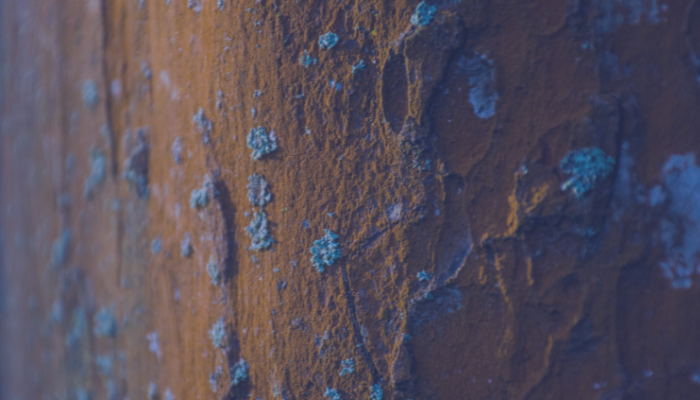Blog – 6.12.24

A few weeks ago I read this article in TIME Magazine about why obesity is rare in Japan. The whole thing was interesting, and it’s definitely worth considering how the Japanese lifestyle choices differ from ours. But for me, this was the real money quote:
Western cooking, he said, is primarily about “adding.” To make food tasty, you add butter, lemon, herbs, sauces, all sorts of chemicals. “But the Japanese style is totally the opposite.” It’s “a minus cuisine.” It is about drawing out the innate flavor, “not to add anything extra,” he said. The whole point is to try “to make as much as possible of the ingredients’ natural taste.” To Japanese cooks, less is more.
As someone who has been obsessed with Japan for most of my life, I recognize this trait to be true of many aspects of their traditional culture and aesthetic. The famous Japanese wabi-sabi movement that has dominated for more than 700 years was actually a rejection of ornate Chinese aesthetic that had theretofore influenced Japan’s artistic sensibilities and emphasized a ruthless pursuit of perfection.
Wabi-sabi can be translated as ‘poverty-solitude’ and is tied to Zen Buddhist ideas of non-attachment and radical acceptance of what is. Things that are “wabi-sabi” are decidedly “imperfect” and revered as they age and show signs of wear and tear. Aging is not seen as a deficiency, but a demonstration of the reality that all things pass away. Contrasted to our modern American society, obsessed with bright, shiny, new shit, adhering to wabi-sabi as a philosophy is profoundly counter-cultural. Our society is also obsessed with youth, doing whatever we can to hide aging people and things as if we are ashamed that they even exist.
The point of all this, though, isn’t necessarily about aesthetics, but about a mindset of constantly needing BIGGER. BETTER. FASTER. STRONGER. It’s a mentality that says we must constantly strive for MORE, while clinging to youth and life to the point of denial. And it’s never enough. This way of being infuses everything from, yes, our food – most of us can’t even recognize what food tastes like without it being slathered in oils, salt, sugar, cheese and spice – to our homes, our occupations, all of it. We just keep adding and adding, obscuring our true nature and the reality of who we are – as individuals and as a collective.
Recently I’ve been thinking about how strung out I am on all the digital media, traditional media, consumerism and everything else that vies to rob me of my time and attention. I don’t consider myself much of a FOMO person, but I realized I do feel like I’m missing out on some things and it drives me to make bad choices. A perfect example is books. There really are far too many books that I want to read than I’ll ever be able to get to in my lifetime. Yet, I have a compulsion to buy more. I have a TBR stack on my nightstand that has my reading prioritized for the next few months. Every time I see a new book I want to read, I feel this tiny twinge of despair. There’s just not enough time. So I cram in as much as I can, and then? I find that I’m unable to retain most of it. But I keep going because… I NEED TO READ AS MUCH AS I CAN.
Or do I? How many books does one need to read to be happy? Are we going to put the number of books I read on my tombstone? What’s the actual value or purpose behind reading if it isn’t to transform my mind and heart? And how can that transformation take place if I’m constantly stuffing new shit into my head? The bottom line is that I just don’t savor books anymore. I read them quickly and move on. I feel pressure – which I’ve placed on myself – to consume as many books as possible, and for what? This is just one example, of course. The same can go for movies, TV shows, clothes, travel, food, relationships.
Speaking of relationships, I do think this “more is better” mentality has been one of the single driving factors in allowing social media to take over our lives. Most of our “friends” on social media aren’t actually our friends, are they? Not even by the loosiest-goosiest definition of the word. So what’s the point of all those connections to other people – many of whom I’ve never met, or have only met once?
These questions can only be answered by each person for themselves. For my part, I don’t just want to survive. I want to thrive – to be happy, healthy and fulfilled for the short time I’m alive. In order to do that, I’m starting to think that I actually need less. Less technology. Fewer “friends”. Less crap accumulating all around me. I need space. I need to sit quietly for long periods of time to think, or not think. To just fucking BE.
Anyway, I’m changing. I can feel it. Maybe I’m just getting old – but what, I ask, is wrong with that? I’m okay with mellowing and relaxing, finding quiet moments and taking my time to do things. I’m more than okay with being wabi-sabi. I’m okay with being less if it lets me enjoy my life more.
